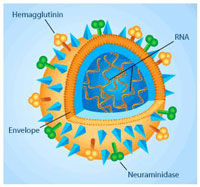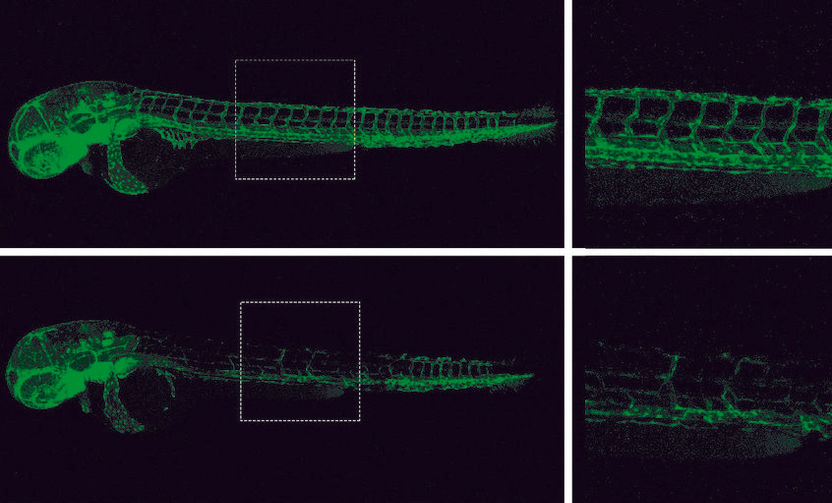Dendreon research shows promising activity of Provenge in combination with Avastin
Dendreon Corporation announced that the results from a National Cancer Institute (NCI)-sponsored Phase 2 study of its PROVENGE® (sipuleucel-T) active cellular immunotherapy for prostate cancer in combination with Avastin® (bevacizumab) have been published in 'Cancer'. The research which was authored by Dr. Brian I. Rini, associate professor of medicine at Cleveland Clinic Taussig Cancer Center and colleagues from the University of California San Francisco, showed the combination immunotherapy significantly increased the prostate-specific antigen doubling time (PSADT) in patients with prostate cancer that had relapsed after prior surgical and radiation therapy.
The 22-patient, single-arm trial, known as the P-16 study, followed subjects with androgen-dependent prostate cancer whose cancer had relapsed following surgical or radiation therapy. Investigators found that a combination of PROVENGE and Avastin extended PSADT of the 21 evaluable patients by more than 85 percent from 6.9 months before treatment to 12.7 months after treatment (p=0.01). In addition, 29 percent of patients (6 men) had a more than 200 percent increase in their PSADT following combination therapy. PSADT is currently considered a predictor of prognosis in early stage prostate cancer. Furthermore, the treatment led to PSA reductions in 9 of 21 (43 percent) of evaluable patients, including 1 patient with a PSA reduction of more than 50 percent, and 3 patients with PSA reductions of more than 25 percent. All patients monitored for an immune response to PROVENGE (9 patients) demonstrated an immune response against the target recombinant antigen PA2024, a fusion protein composed of prostatic acid phosphatase (PAP), and a cytokine, GM-CSF. In addition, the patient with the greatest increase in immunity, a more than 130-fold increase, also had the most dramatic PSA response, with a PSA reduction of 72 percent, and subsequent PSA stabilization lasting more than 2 years (108 weeks) from the initiation of therapy.
Four patients dropped out of the study due to toxicity, one with congestive heart failure, one with gastrointestinal hemorrhage, one with cerebrovascular ischemia, and one with proteinuria. No Grade 4 toxicities were reported. The majority of side effects were mild, including fatigue and infusion-related chills, muscle pain and fever.
PROVENGE (sipuleucel-T) is an investigational product that may represent the first in a new class of active cellular immunotherapies (ACIs) that are uniquely designed to stimulate a patient's own immune system. ACIs hold promise because they may provide patients with a meaningful survival benefit with low toxicities. PROVENGE targets the prostate cancer antigen, prostatic acid phosphatase (PAP), which is found in approximately 95 percent of prostate cancers. PROVENGE is in late-stage development for the treatment of patients with advanced prostate cancer. In clinical studies, patients typically received three infusions over a one-month period as a complete course of therapy.
Other news from the department research and development

Get the life science industry in your inbox
By submitting this form you agree that LUMITOS AG will send you the newsletter(s) selected above by email. Your data will not be passed on to third parties. Your data will be stored and processed in accordance with our data protection regulations. LUMITOS may contact you by email for the purpose of advertising or market and opinion surveys. You can revoke your consent at any time without giving reasons to LUMITOS AG, Ernst-Augustin-Str. 2, 12489 Berlin, Germany or by e-mail at revoke@lumitos.com with effect for the future. In addition, each email contains a link to unsubscribe from the corresponding newsletter.






















































